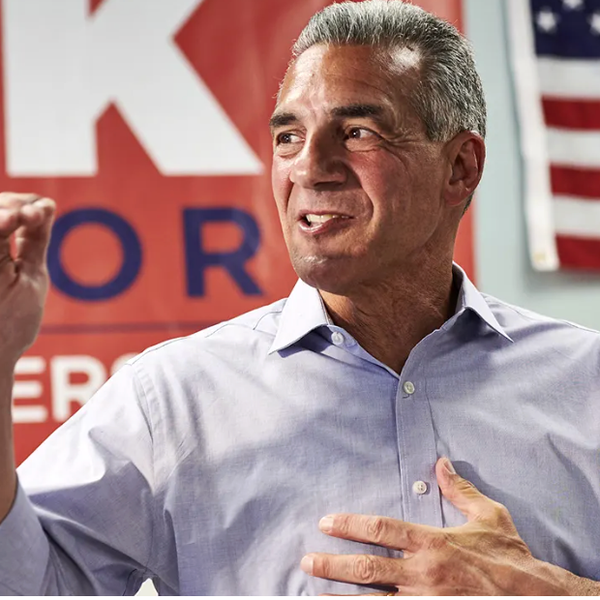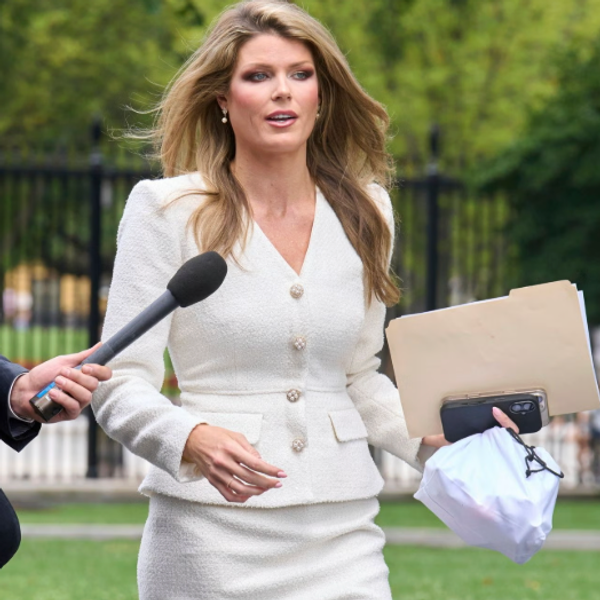
By Jim Puzzanghera, Los Angeles Times
Bad weather is largely responsible for some recent weak economic data and should not lead the Federal Reserve to stop reducing a key stimulus program, a top central bank official said Monday.
Instead, with economic growth still forecast to pick up this year, the Fed might need to quicken the pullback of its monthly bond-buying program, said Charles Plosser, president of the Federal Reserve Bank of Philadelphia.
“In recent weeks, there has been a blizzard of economic reports, which have come in weaker than expected,” Plosser said in a speech in Paris.
“I believe that weakness largely reflects the severe winter weather rather than a frozen recovery,” he said. “So we must be wary of attaching too much significance to the latest numbers.”
Concerns about a slowdown eased Friday when the Labor Department reported stronger-than-expected job growth in February. The report confirmed the belief that snow and bitter cold in much of the country were the main reason for some weak economic data and that growth would improve in the spring.
Plosser, a voting member of the policymaking Federal Open Market Committee, is a so-called inflation hawk. He has opposed the Fed’s bond-buying program, which began in September 2012 with purchases of $85 billion a month, out of concerns it could trigger higher prices.
So far, however, inflation has remained in check.
After the speech, Plosser told reporters that the Fed should stick to the plan announced in December of reducing the monthly bond purchases by $10 billion at each future meeting.
“It’s important that we send a signal that we are pretty committed to this current pace,” he said, according to Reuters. “The threshold is pretty high going forward before the committee would be willing to change it.”
Fed policymakers meet next week, the first session under the central bank’s new chief, Janet L. Yellen. Officials voted to reduce the bond purchases at their December and January meetings. The Federal Open Market Committee did not meet in February.
Plosser said he expected U.S. economic growth to improve this year to 3 percent. That’s in line with forecasts by other Fed policymakers of 2.8 percent to 3.2 percent growth this year.
“While this is far from the robust growth that many would like to see, it continues to represent steady progress and an improving economy,” he said.
With the economy expanding faster, the Fed might need to move more quickly to scale back its bond purchases, Plosser said.
“Reducing the pace of asset purchases in measured steps is moving in the right direction, but the pace may leave us well behind the curve if the economy continues to play out according to the FOMC forecasts,” he said.
AFP Photo/Mladen Antonov








